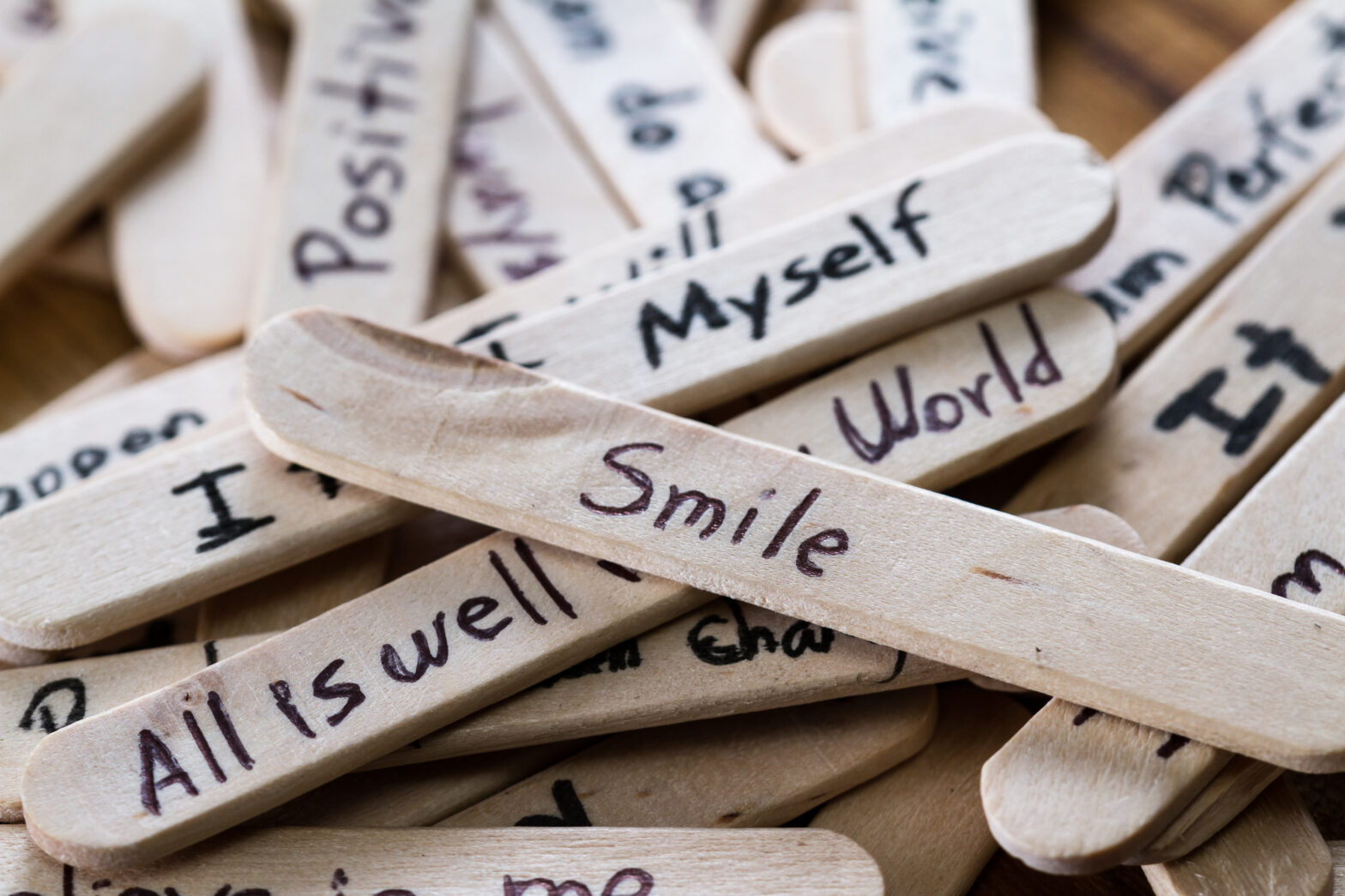The self-help movement has become a global phenomenon touching millions of lives. But some of it appears to be more self-harm then self-help. The 2016 CNN documentary ‘Enlighten us’, on the deaths of three self-help devotees, issues a warning: beware the self-appointed guru on a giant ego trip.
Increasingly accused of exploiting the vulnerable and the weak, the self-help industry appeals to a fundamental desire: to find meaning, gratification and simple solutions to life’s complexities. So potentially, almost anybody can be drawn in.
Given its rogue elements, how can you sort the wheat from the chaff and find a self-help approach that works?
Recognise that achieving goals will not bring long term happiness
Science has proven that when we focus on extrinsic goals (e.g. attaining vast wealth or looking 21 again) we become not more, but less happy and fulfilled. A fixation on outer pursuits leads to psychological instability. The thrill of attainment is brief. Then a process known as ‘hedonic adaptation’ sets in; we grow accustomed to our new acquisitions and start to find them insignificant.
By contrast, keeping our attention fixed on intrinsic goals – who we are as a person, at work, in our relationships and in our giving to the world – delivers the optimism and uplift most humans desire. But being happy is a skill we have to develop by repeatedly noticing, and taking in, those fleeting instances of joy.
Accept that achieving success will not make you feel worthy
Sometimes, we set and pursue our goals by way of compensating for an underlying sense of lack and a gnawing insecurity; we believe we will feel worthy once we have acquired the trophies of success. We connect our inner value to our outer value – imagining that the money will bring us security.
In truth, our worthiness and sense of self-assurance already exist within us. They are who, and what, we are. We don’t need to squander any resources seeking value in the world; humans benefit more from living a productive, principled life, inspired by knowing their own worthiness.
Acknowledge the wisdom within you
There is a glut of information, some of it valuable and some of it utterly meaningless. Yes, continuous learning is important, but so is the practice of listening to the intelligence and wisdom inside.
We attune to this innate intelligence whenever we take time out for reflection, for example, in nature, by meditating, or painting. If we are constantly on the go we miss the internal cues that inspire us to change direction. If we allow ourselves the time and space to tune in, we can also become more discerning as to which self-help practice might be of greatest benefit to us. This internal guidance offers a better set of promptings than the false persuasions of marketing hype.
Accept that ‘helping the self’ takes years of focused commitment
We all want a quick fix – but the reality is that personal evolution takes a lifetime of dedication. It requires training the mind, repeatedly letting go of the reactions of the personality and persistently aligning with our ‘Higher nature’. Accept that the journey is long-term. The peaks are hard-won and difficult to sustain. Importantly, no guru can do it for us.
So, can self-help really help?
True self-help means taking 100 per cent responsibility; only you can heal your life. To be guided by a coach or mentor with a wealth of experience can be valuable. But all the very best self-help counsellors, courses, books and DVDs are of scant benefit unless they convey that the answers lie within. And most gurus won’t tell you that.
Sarah Alexander is a coach and trainer who specialises in working with coaches, consultants and business professionals with a focus on inspiring and empowering others.
Her approach is based on the principles set out in her book, Spiritual Intelligence in Leadership. These principles include practical strategies underpinned by the latest findings of neuroscience. Sarah also offers two coaching programmes: Resilience: How to Succeed in Difficult Times and Coaching for Optimal Performance and Low Stress.
Sarah has worked nationally and internationally with entrepreneurs, performers, sports competitors, and a winner of the prestigious PGA Golf Championships. Sarah has also taught leadership and development programmes for Shell and other multinationals in the UK, Europe and the Far East.






